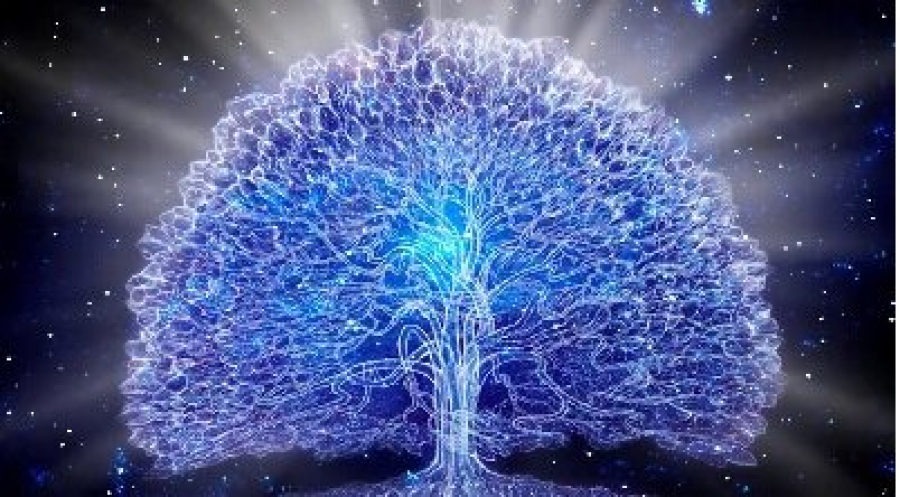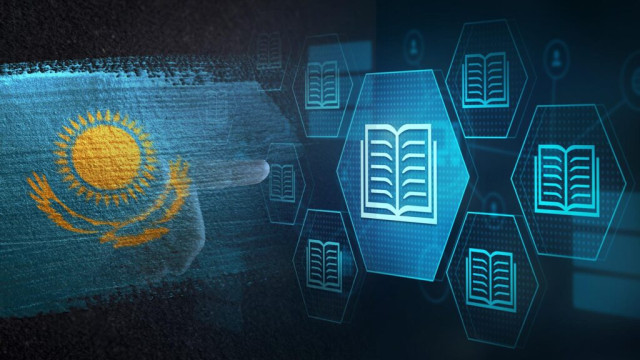
Domestic geneticists are recreating general family tree of the Kazakh people. Maksat Zhabagin leads the unique project. For several years now, he has been the head of one of the newest scientific laboratories in Nur-Sultan. Kazakh bio-engineers conduct thorough research and reveal the unveiled secrets of the genetic codes of the Kazakh ethnos.
“My job is to isolate DNA when we receive the biomaterial, that is, blood, and I send it for further tests. Currently, blood is being actively collected from across Kazakhstan from different genuses. Our research is carried out in order to build a genetic tree on the basis of Y-chromosomes,” said Assiya Taizhanova, Researcher in the Laboratory of Human Genetics ofNational Center for Biotechnology.
With the help of such an analysis of Y-chromosomal DNA, it is possible not only to determine belonging to one or another group of the Kazakh tribe, but also to confirm or dispel the myth of who their ancestor in fact was in the history of the Great Steppe. Such studies require hard work not only in laboratories, but also in the field. Every year, geneticists go on expeditions, not only within the country, but to neighboring countries as well - where a considerable number of representatives of various tribes of the Kazakh people also live, which means they are carriers of a unique genetic code.
“This year we traveled across southern Kazakhstan, northern Kazakhstan, Central Kazakhstan. We worked in part of western Kazakhstan, in Uralsk, Aktobe. We have planned an expedition to Mongolia, unfortunately, due to the pandemic, the borders of Mongolia are closed for visiting, so we will probably postpone this expedition until next year,” added Maksat Zhabagin, Head of Laboratory of Human Genetics.
Together with geneticists, modern historians actively undertake to recreate Shezhire - a real genealogical tree of Kazakhs. Together they form a new chronicle of the country.
“We publish in the leading English-language genetics publications all those scientific discoveries that we make. On January 5, 2021, Kassym-Jomart Tokayev instructed to write a new academic history of Kazakhstan. Within this new academic history of Kazakhstan, a whole section will be dedicated to the ethno-genesis of Kazakhs. As we know, the academic history of Kazakhstan is the basis for the state standard, for teaching at schools. School textbooks are based on it. Probably, based on what will be written in the academic history of Kazakhstan, this may also be featured partially in school textbooks,” noted an historian Zhaksylyk Sabitov.
At the end of the year, Kazakh geneticists plan to present unique data on the Kerei genus, first publishing the results of their research abroad. With this aim, scientists collected samples of biomaterials from 160 representatives of this tribe and traveled across half the country. In addition, they involved their colleagues from neighboring countries.
Translation by Saule Mukhamejanova
Editing by Galiya Khassenkhanova









